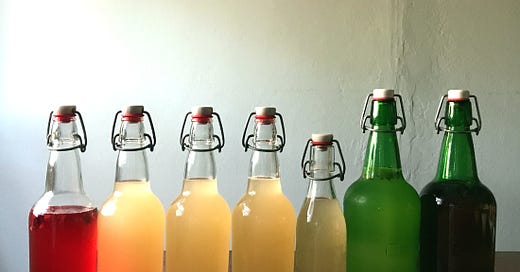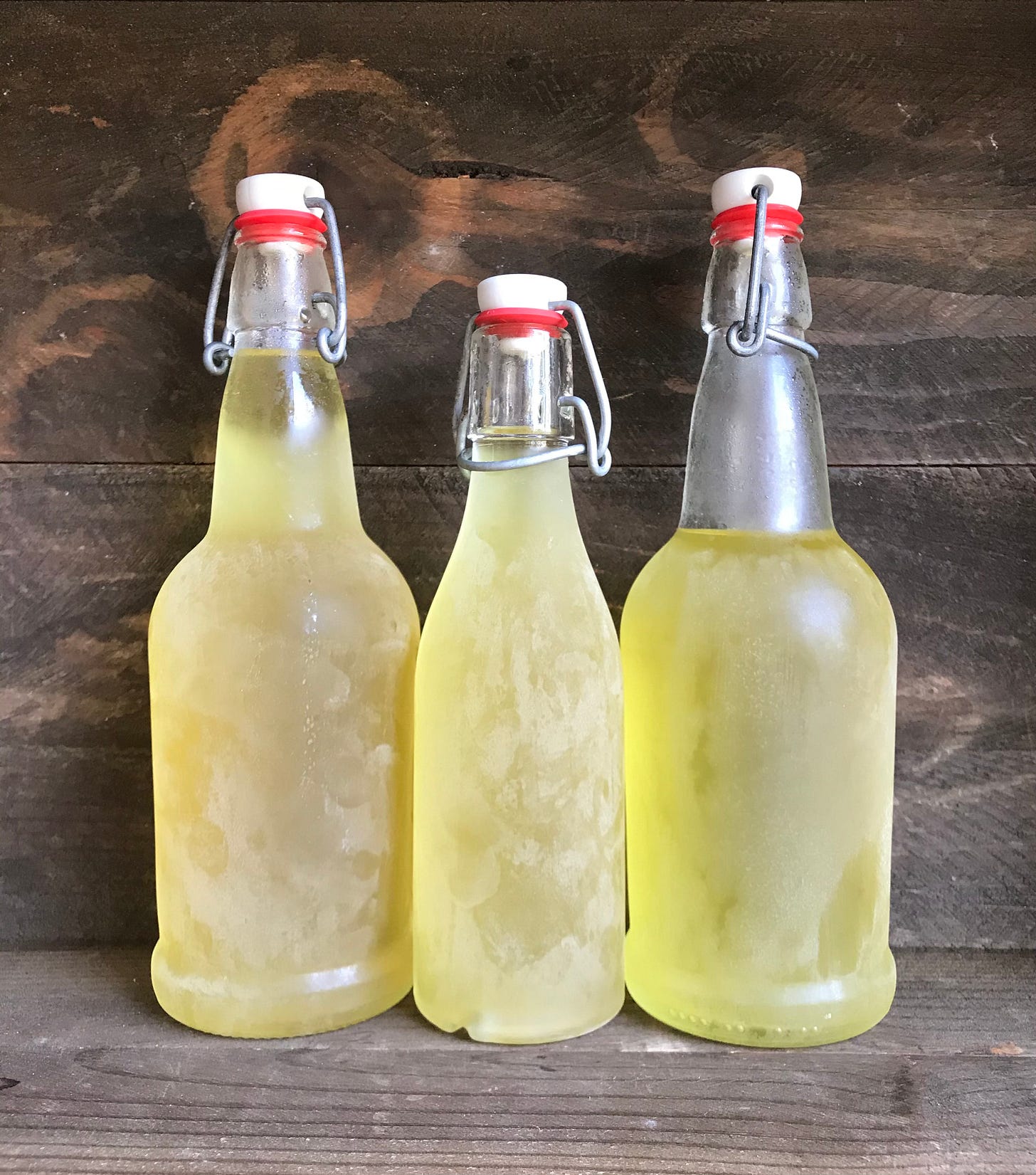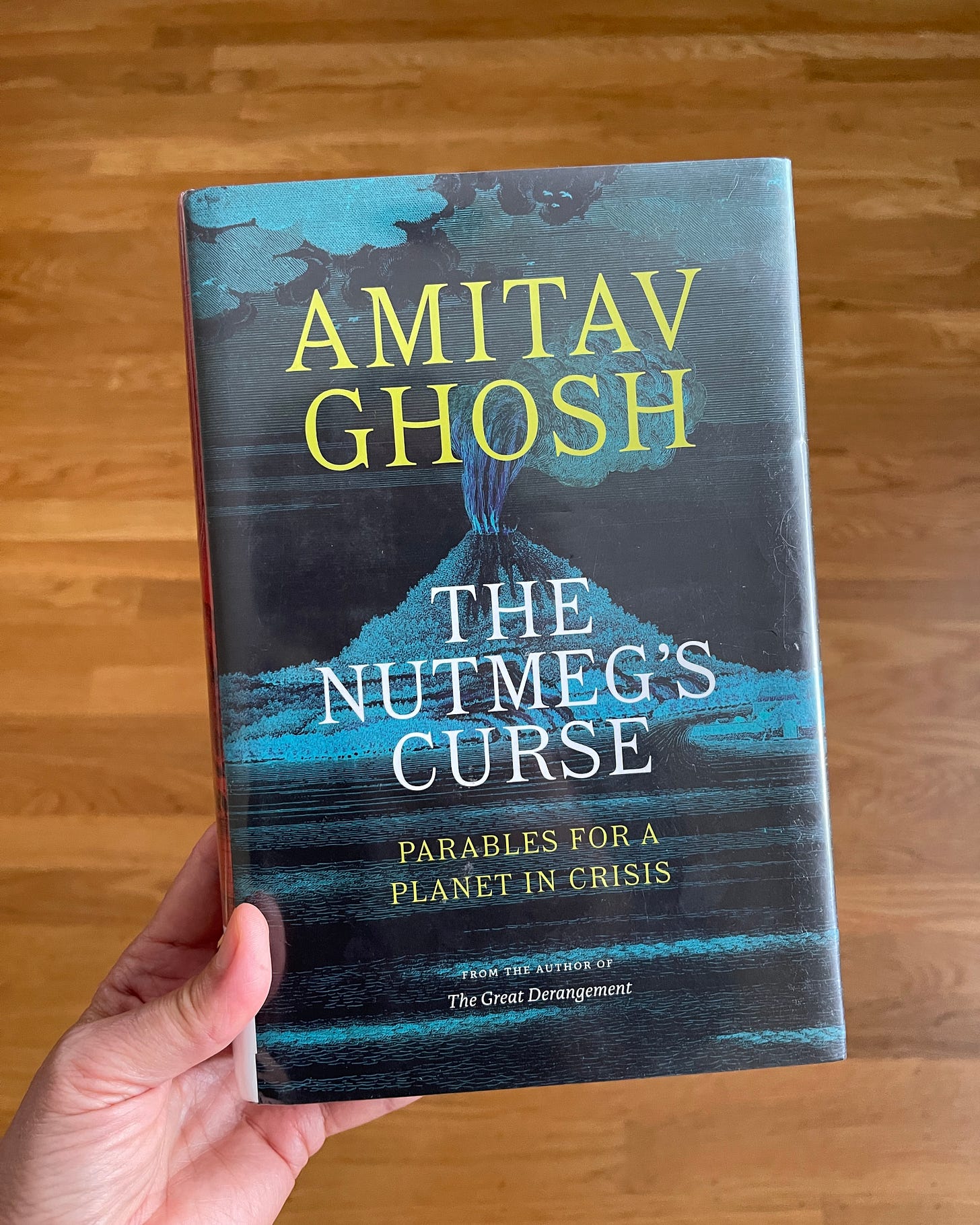Like a dysfunctional relationship, the tariffs (i.e., import taxes) are on, the tariffs are off, the tariffs are targeted, the tariffs are sweeping. The moving tariff target can be hard to follow but the US slapped a 25 percent tariff on imported aluminum and steel, which went into effect on March 12th. This import tax will raise the prices of food packaged in these materials. (Math doesn’t cave to threats.)
Food companies, now paying more for imported aluminum and steel, will either push those additional costs onto consumers or switch to yet more plastic packaging (or perhaps both because, well, greed). And who knows what April 2nd, “liberation day,” will bring with its fresh new round of import taxes.
Boycott Coca-Cola
Coca-Cola, which imports aluminum from Canada for some of its cans, says it may resort to using more plastic.
If one package suffers some, increase in input costs, we continue to have other packaging offerings that will allow us to compete in the affordability space. So for example, if aluminum cans become more expensive, we can put more emphasis on PET bottles.
Coca-Cola’s chief executive, James Quincey, a month before tariffs kicked in
So many words to say “If aluminum prices rise, we’ll use cheaper plastic.”
I can’t quite wrap my head around the idea of the company using more plastic than it already does. At current rates, Coca-Cola alone, the number one plastic polluter, will grow its plastic footprint in the oceans to 1.3 billion pounds by 2030, equivalent to 220 billion half-liter bottles. The fossil fuel industry must be gleeful that other immoral industries have signed up for its Plan B—to produce and consume even more planet-heating plastic.
We don’t actually need Coke though. I can’t remember the last time I drank one, yet I have survived. I also don’t miss the stuff. (I would miss the occasional homemade ginger beer though.)
This is your brain on microplastics
Plastic pollutes not only the oceans. It turns out that swilling down microplastics shed by plastic containers may not be good for us. (To prevent erosion, metal beverage and food containers are lined with epoxy, a type of plastic.)
We have a plastic spoon’s worth of micro and nanoplastics in our brains, an amount that has risen dramatically since 2016. And of course, soda is bad for us. I’d link to the CDC for a study on that but who knows how much longer the site will remain online. Hopefully the GOP doesn’t defund NPR, disappearing this article discussing the health problems associated with soda like a Columbia PhD student.
Why give our money to Coca-Cola and their ilk? They profit from making us sick. They boost their bottom line by polluting the oceans and putting the onus of cleanup, via overwhelmed recycling programs, on taxpayers rather than cleaning up after themselves.
Want to ditch Coke but still enjoy a bubbly beverage? Go here for a list of easy homemade sodas. If you need something stronger in this political moment, make limoncello.
Eat more fresh food if you can
Canned food will also increase in price—soups, beans, fruit and so on.
Domestic production of tin mill steel used to make cans for fruits, vegetables, and other essential foods Americans consume daily declined dramatically over the last 7 years. 70% of the tin mill steel needed to make canned products is imported today. — Can Manufacturers Institute
Ramping up domestic production of tin mill steel for cans will take time. That means food manufacturers will continue to import materials, now at a higher cost, and pass those costs along to consumers.
I do my own sort of domestic production—preparing soups, beans, fruit and so on at home. It all tastes delicious. And yes, cooking demands more time than opening a can, although if you have an Instant Pot, you can cook beans very quickly with very basically zero active work.
Soup
Canned soup may cost less than homemade but not when you clear out the refrigerator and pantry of perfectly edible food that might otherwise go uneaten—and go to waste. Go here for my Shop the Fridge Soup recipe.
Beans
Dry beans are very economical. Virtually every bulk store carries several varieties of them. Go here for instructions on cooking beans in a pressure cooker (a less-fancy Instant Pot).
Fruit
Canned fruit contains unnecessary sugary syrup or fruit juice (i.e., sugar). Buy fruit in season when the prices drop, freeze it and enjoy it later when it’s out of season. Go here for instructions on freezing fruit without using plastic.
What I’m reading
A few of you have told me over the years to read Amitav Ghosh. I finally did and this weekend, finished The Nutmeg’s Curse: Parables for a Planet in Crisis, which I highly recommend. From Bookshop.org:
A powerful work of history, essay, testimony, and polemic, Amitav Ghosh's new book traces our contemporary planetary crisis back to the discovery of the New World and the sea route to the Indian Ocean. The Nutmeg's Curse argues that the dynamics of climate change today are rooted in a centuries-old geopolitical order constructed by Western colonialism. At the center of Ghosh's narrative is the now-ubiquitous spice nutmeg. The history of the nutmeg is one of conquest and exploitation—of both human life and the natural environment.
Upcoming in-person events in California
April 13th, 11am to 1pm: Costa Mesa Donald Dungan Library, talk and cooking demo. A limited number of complimentary books will be available. Go here for more info.








I have been boycotting coke for eons, I do buy fancy root beer or ginger ale a few times a year in glass bottles. I still buy some canned goods but less and less as time goes by. I do make a pot of soup every week and put the leftovers in jars to freeze or use as quick meals along with a loaf of homemade bread. Yum, this past week was minestrone, more expensive than a can of soup but equal to about 4+ cans, so I don’t think it was any more expensive and then of course when you make your own veggie or chicken broth, clean out your fridge, use leftover beans……etc. so inexpensive and so much tastier😍
Ditto re: soft drinks, since roughly 2008;when I read Fast Food Nation, followed not long after by similar books including The Real Thing by Constance Hays about the power and reach of the Coca Cola company. Canned soup, veg and beans are usually higher than is healthy in sodium, another reason to avoid them...my Instant Pot revolutionized my dried beans game.